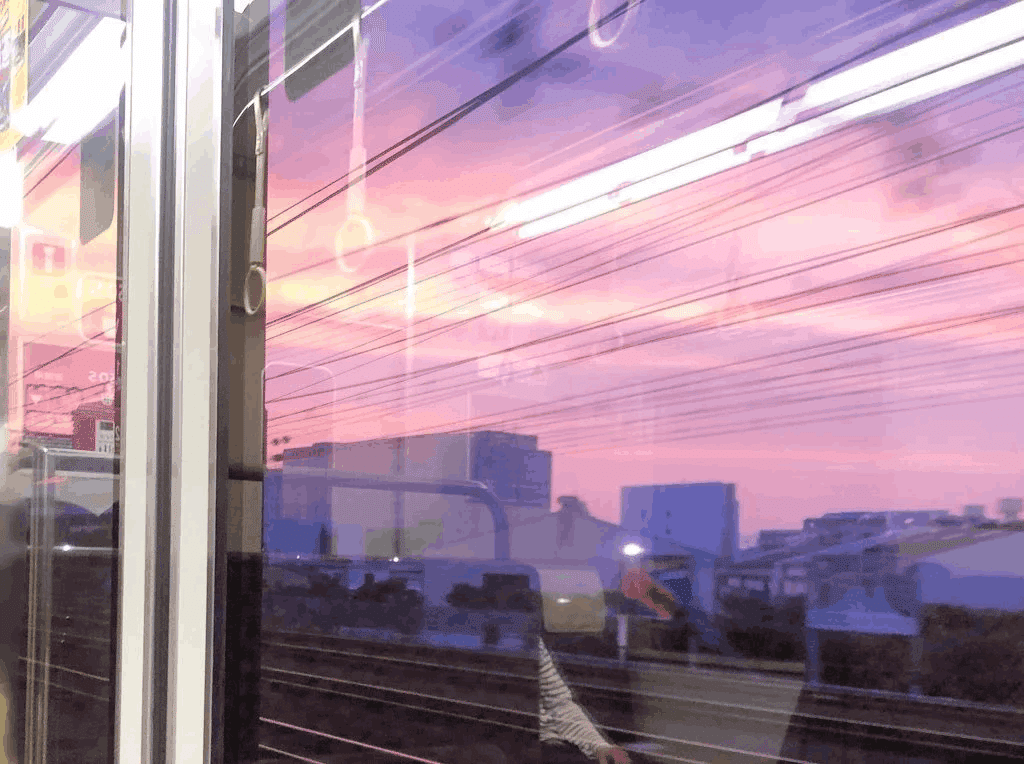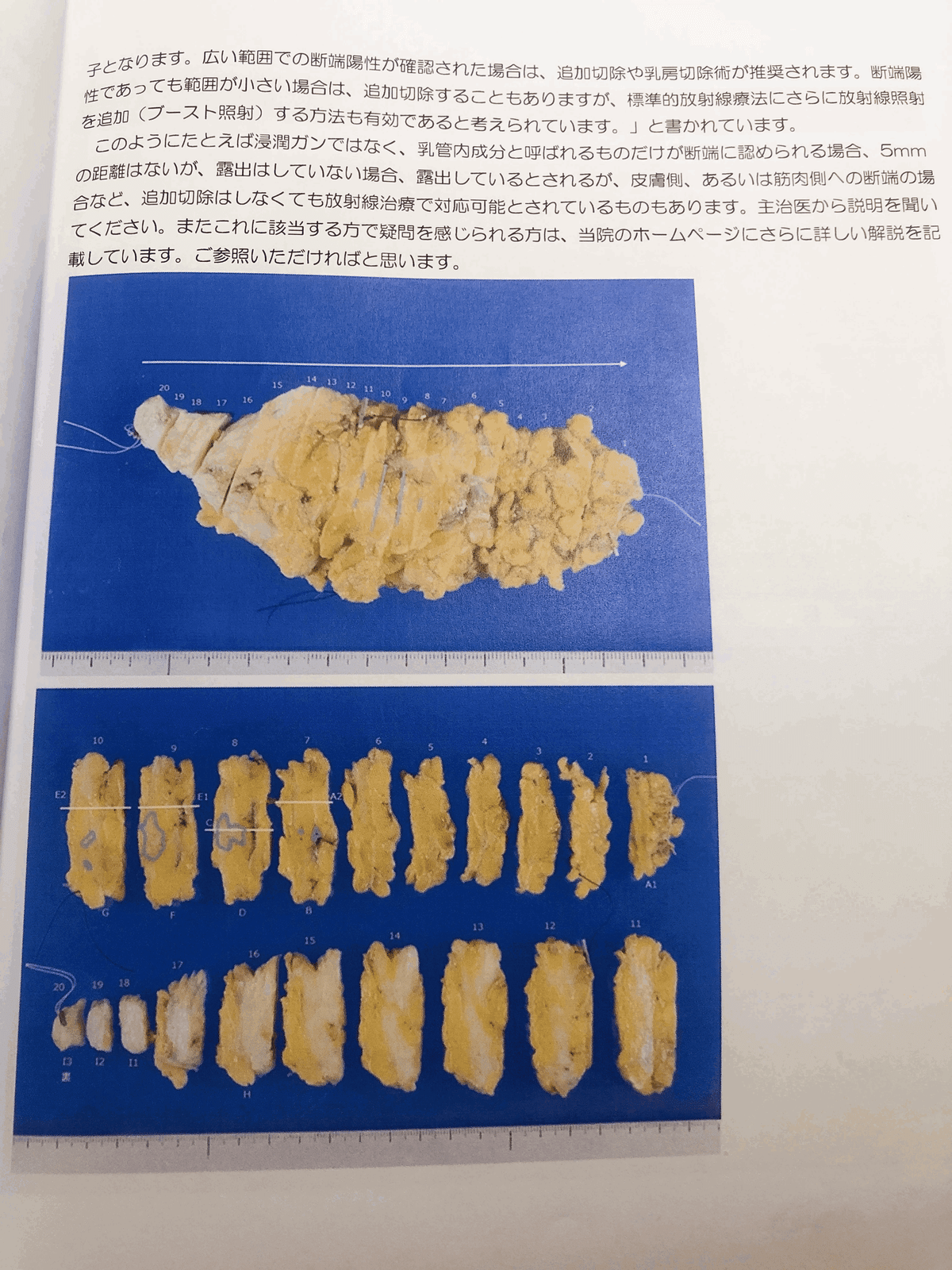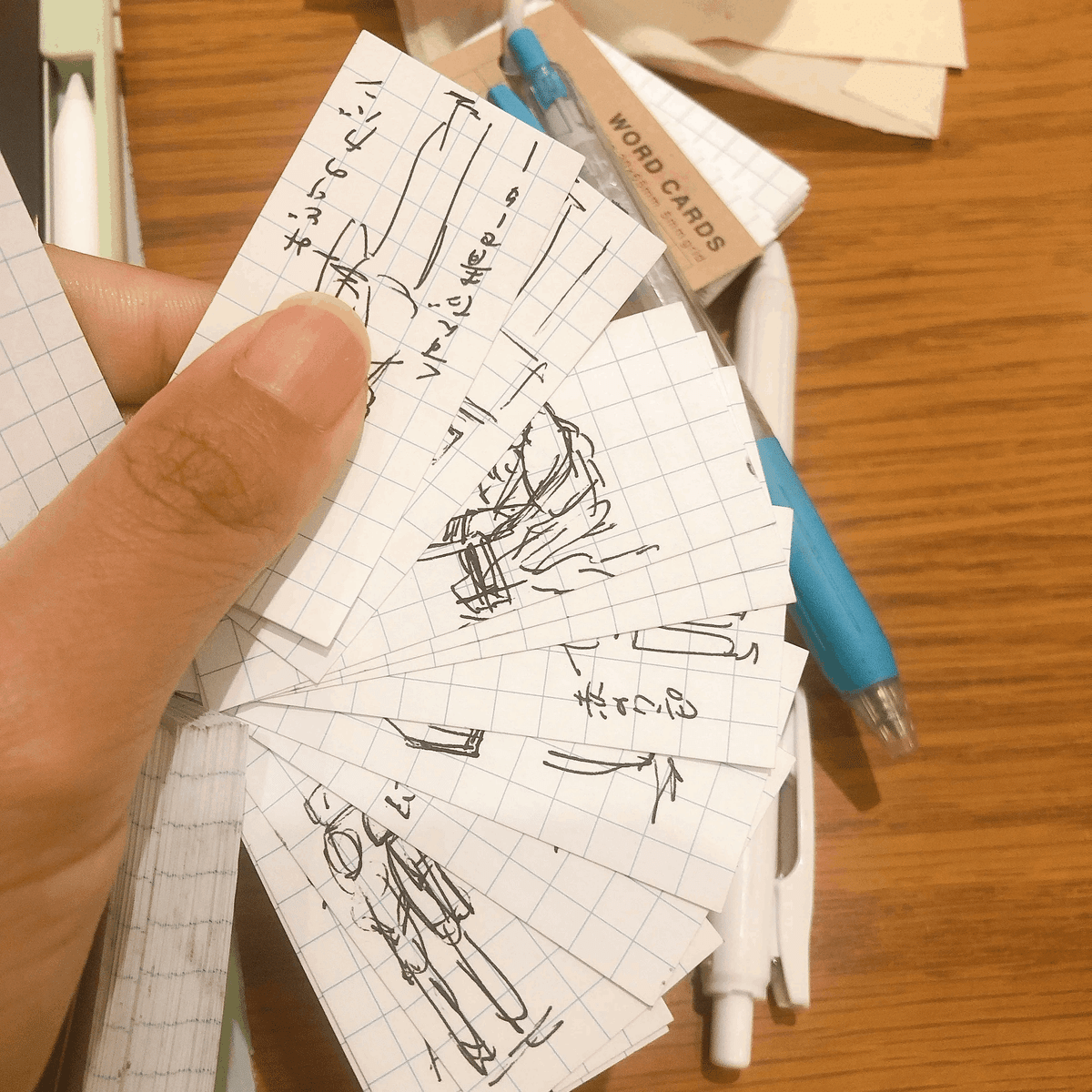
[Young Breast Cancer Generation] A Graphic Designer's Story of Being Diagnosed with Early-Onset Breast Cancer
Hello, I am YUN (@artwork_yun). I work a designer in a rural area. In 2020, when I was 29 years old, a shadow was found in my breast during my first breast cancer screening echo. I was diagnosed with breast cancer stage 0 (DCIS non-invasive cancer) the month after I turned 30.
I wrote this article to share my story and experience of oいvercoming the possible experiences of breast cancer AYA generation with all those who will undergo screening and encourage those with the same disease.
Please listen to my story here.
Each person's condition is different, so there are other correct answers. Each person can make a good choice after researching.
This article describes the general process from early detection to the present. A detailed record of my experience during the treatment process will be presented in another article.
1.Breast cancer screening that detected early-stage breast cancer (summer 2020)
2.Getting to the point of surgical biopsy
3.How to stay motivated until waiting for the final diagnosis
4.First hospitalisation, surgery - notification - after surgery (fall-winter 2020)
5.Working while undergoing treatment (winter 2021 - present 2022)
6.What I really want to do after getting cancer
(1) Breast cancer screening where early-stage breast cancer was detected (Summer 2020)
My mother had breast cancer (stage 3) when she was 40 years old, and I had been voluntarily going for breast cancer screenings since I was 27. I also bought a relatively inexpensive medical insurance policy around that time. From then on, I knew that I would probably end up like my mother one day... but I never thought it would be so soon!
When I told the doctor that my mother had had breast cancer in the past, he suggested that I have an ultrasound every six months just to be safe. I have continued to go to the clinic.
I was still a student at the time, and I remember how hard it was for my mother to go to hot springs and public baths because she was losing her hair due to the anti-cancer drugs. Even now, my mother's skin still bears the burn scars from the radiation treatment.
In the summer of 2020, as usual, I went to my six-month breast doctor for an echo exam. 29 years old, I was not old enough for mammograms. The echo exam was not particularly painful, and I was placed on my back, and the nurse applied a machine to my breasts. On that day, too, I was doing the examination as usual when the nurse suddenly stopped, called for the doctor, and several people came into the room. As you can imagine, I was surprised.
Later in the examination, the doctor informed me that the object in the picture was of a rather suspicious shape, and I was to be re-examined a few weeks later.
(2) Up to the surgical biopsy
The re-examination was conducted twice.
(1) Puncture aspiration cytology
(2) Needle biopsy (tissue diagnosis)
Both look big and painful, but personally, they were not painful.
There was no anaesthesia for the first needle aspiration cytology and local anaesthesia for the second needle biopsy. Both tests returned benignly, but my doctor decided the final decision would be a surgical biopsy because the photographic judgment was suspicious.
As for breast cancer treatment and each term, I referred to the Breast Cancer Treatment Guidelines.
(This article may contain some errors in wording. Please use it only as a reference.)
(3) How to maintain motivation until waiting for the final diagnosis
I spent very anxious days from when I was diagnosed with needing tests in the summer of 2020 to the final decision at the surgical biopsy in the winter of 2020. I could not tell my mother until it looked like I had to have the surgery to not worry my family until the final decision was made. It was my friends and tweeters who supported me through this time. Also, I studied abroad in NY from 2015-2016 and wanted to go overseas again, to work overseas! It was my dream, and learning an English exam which was IELTS, was one way to get through the anxiety.

While waiting for the results, I researched too much about breast cancer on the Internet and SNS, which made me even more anxious, and I often cried when I saw people dying on Youtube during treatment. But what I hoped for was to learn something, get over the treatment and move on to the next step. During treatment, I was so preoccupied with my illness that I often found it challenging to concentrate on my studies. But with many people's encouragement, I retook the IELTS exam in May 2021, which was a big step forward. I will never forget the debt of gratitude I owe to my friends and the wonderful people on Twitter who supported me at that time.

The second way I maintain my exercise is by exercising. I liked to run and ride my cross bike, and I moved a lot. Even at the hospital where I had the surgery, I used to bike there when it was about 10 km each way. I was often asked if it was safe for me to move so much after being sick. But I was told that each person's symptoms are different and that it is better to move, so I still exercise a lot. I still exercise a lot. Exercise helps me organise information and refresh me, so I highly recommend it!
I don't think you should give up on your dreams just because you are ill. There is hope and possibility in being alive, and each person's dreams and goals differ. I hope you will try to find something other than your illness that you can enjoy and become passionate about as a set of challenges to your treatment!
(4) First hospitalisation, surgery, notification, and post-operation (fall/winter 2020)
I had been living a healthy life, so much so that I was called a "healthy child," so I thought hospitalisation and surgery were something else to worry about. I had no idea how much I should bring for my first hospitalisation, so I prepared a few days before.

What I prepared, as far as I can remember
・Pyjamas, underwear
・Toiletries
・Change of clothes for when you leave the hospital
・Study materials (PC, books, smartphone, cables)
・Purse
Of course, I could not wear makeup or nail polish, and I felt that makeup was special at this time.
After the PCR test, the hospitalisation went smoothly. On the day of hospitalisation, I weighed myself, ate hospital food for the first time, and was impressed by how delicious it was. Although I was in a large room, I was studying with a reading light on from 5:00 in the morning.

It was just when the corona epidemic started, so I think it was easier to perform the surgery than when it was still going strong. Still, there were restrictions on visits, so I was basically alone. I thought this was my chance, so I studied anxiously.
On the day of the surgery, I walked to the operating table by myself, lay down under the glowing lights, and fell asleep after about 3 seconds of anaesthesia. In my dreams, I drank my favourite espresso, and the next thing I knew, it was over. It lasted about 2-3 hours.
My mother touched the removed object and said that it was hard and probably malignant...but since the two tests I had done for a close examination were benign. I had read on some websites that the probability of it changing from that judgment to malignant was about 10%. I was somewhat hopeful that it was benign. I was optimistic that it was benign. I had mixed feelings of hope and anxiety because I had also been told in my preoperative consultation that I had a precancerous lesion (the stage before cancer) or malignancy.
I was hospitalised for five days and discharged, and a few weeks later, I went to hear the surgical biopsy results.
I had visited the hospital alone that day, and I was to hear the cancer announcement alone. The doctor looked serious during the examination and asked if my family was coming with me. I was in the hospital alone that day, but when the doctor looked at me seriously and asked if my family was coming with me, I thought, "This is a bad idea! I thought to myself, "This is a bad one!
The result was that I had stage 0 breast cancer, and the treatment plan was roughly explained. In my case, hormone therapy (tamoxifen for 5 years) plus radiation therapy was the postoperative treatment.


After my consultation, my best friend in the US was the first person I contacted. Since the recheck-up, it was my friends who I had been talking to, not even telling my family. They did not just encourage me that everything would be okay, but in their own way, they showed me the way to go when I was so anxious and lost.
After this, I told my family that I had cancer, and treatment proceeded. At the same time, my father also had corona, which was the end of a challenging year in 2020.
I will share the progress of the surgical scars and how to care for them in a separate article.
4) Working while being treated (Winter 2020 - as of 2022)
What do you think the reaction would be if you submitted a breast cancer diagnosis to your company at age 30?

That would be a surprise. I was about to take sick leave for three months to find out more about my illness. But after the surgery, I went to greet the doctor. The first thing he said to me was that if I was going to be out for so long, we would have to think about it and that he should have known about it earlier. I was just sad. However, I wanted to save money for studying abroad and higher education. I was also worried about insurance if I stopped now, so I took a month off before returning to work. As for radiation treatment, I had 5 weeks of treatment every weekday, but fortunately, there was a large regional hospital nearby, so I went for radiation treatment during my lunch break and came back to work. Although I was undergoing radiation treatment, I also commuted 25 km by bicycle every day. Although the extent of my cancer was mild, I slept, ate, and worked a lot every day. I am glad I was working instead of resting because I didn't have to think about anything else.

But the earlier story reminded me that people become socially vulnerable when ill. Society is tough. So I hope you can find a supportive environment without having to do what I did or take advantage of the government's programs. There is no need to be overwhelmed.
The breast cancer AYA generation (15-39 years old), in particular, has a lot to deal with. Work, marriage/relationships, pregnancy/child rearing... Many aspects of their lives are related to these issues, and they are mentally and physically exhausted. Nowadays, it is easier to connect with others through the community. My mother was a survivor, so I consulted with her and did not connect with others. I did not correlate with others because I have a different condition and illness. I am naturally very empathetic, so I tend to get depressed quickly. However, I believe that many people need a community, so I encourage you to have the courage to connect with others.
(6) What do I really want to do now that I have cancer

I realised so many things when I became a cancer patient. Through my illness, I have met many people, making me rethink what I wanted to do. I am currently a graphic designer, drawing and designing covers for magazines. This is fun, but I really wanted to work with many people to create films and artwork. I want to work on films abroad again, which is why I have worked so hard and will continue to do so in the future. Cancer is just a passing point in my experience, but it has taught me that these passing points are essential. I can also be more kind to others because of this experience. I will make the most of this beautiful experience and continue living my life as I do!
日本語版はこちら↓
